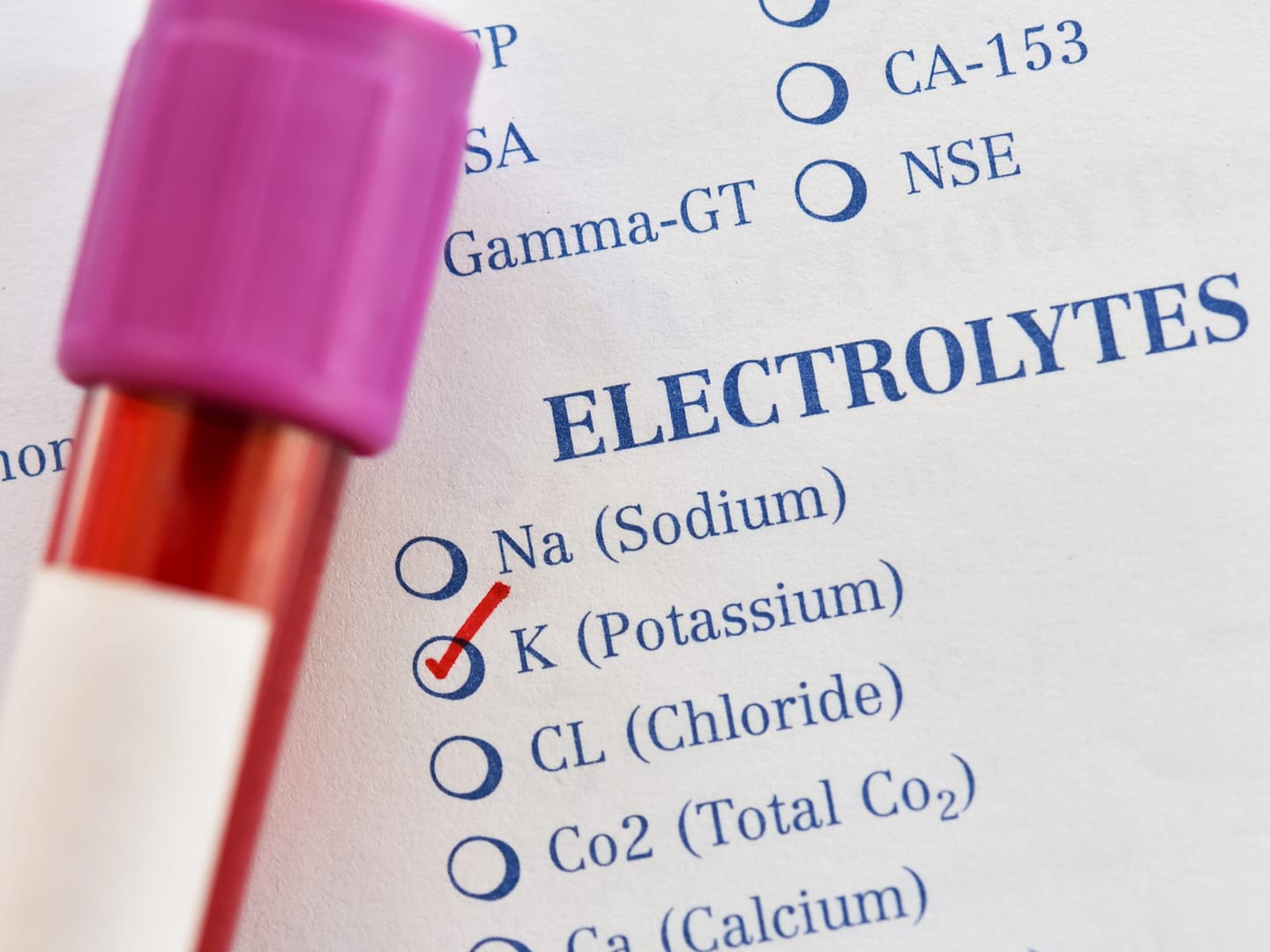Hyperkalemia, also known as high potassium levels, is a common occurrence in patients with chronic kidney disease (CKD). This can develop because the kidneys play an important role in maintaining potassium levels in the normal range. Under ideal conditions, the kidneys work to match the potassium we consume in our food with the removal of the excess potassium that our body does not need.
Symptoms of Hyperkalemia
Mild potassium elevation does not typically prevent symptoms. Exceptionally high potassium levels within the blood, however, may significantly affect the way your muscles contract. Some symptoms may include:
- Generalized weakness
- Temporary paralysis
- Abnormal heart rhythms
Risk Factors for Hyperkalemia
Certain conditions impair the ability of the kidney to remove potassium. People at higher risk of this condition would be those with CKD who also have diabetes, heart failure; and high blood pressure.
There are certain medications that can increase the risk of developing hyperkalemia by interfering with the kidney’s ability to remove potassium. These include medications that are commonly used to treat diabetes, high blood pressure, anti-rejection medications for transplant patients, and some antibiotics. Even some over-the-counter medications, such as nonsteroidal anti-inflammatory (NSAIDS) pain relievers, can lead to high potassium levels.
Treatment for Hyperkalemia
If your potassium levels are elevated, it may require modifications in your diet or reassessment of certain medications. Common dietary items that are high in potassium include oranges, bananas, tomatoes, potatoes, avocados, and prunes. Your doctor may recommend that you see a dietitian to understand how to limit the total daily intake of potassium to less than 2000 mg per day. The development of newer medications for lowering potassium levels have added another dimension to controlling potassium levels in your body.
Your kidney doctor individualizes your management and helps determine the best treatment options for you.
Contact Us
At The Kidney and Hypertension Center, we provide consultation and ongoing care for the prevention and treatment of kidney-related diseases. Schedule your appointment today.


